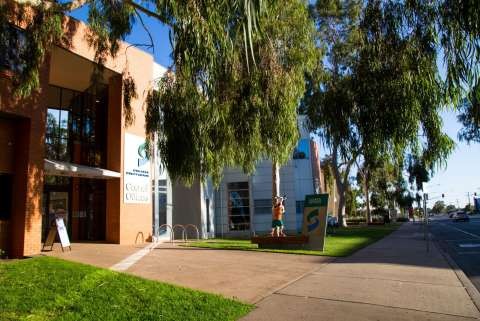- Carriage limits to restrict the amount of alcohol carried in a vehicle in Carnarvon
- Police now have the power to seize and dispose of alcohol on the spot
- Cook Government is committed to minimising alcohol-related harm in the region
New regulations have come into effect to stamp out sly grogging in Carnarvon, giving Western Australian Police the power to immediately dispose of illegal alcohol when they stop and search a vehicle.
The carriage limits target those who prey on the vulnerable, by illegally selling large quantities of alcohol at inflated prices.
The regulations support the liquor restrictions introduced by the Director of Liquor Licensing in May, and the Banned Drinkers Register currently in force in Carnarvon and Gascoyne Junction.
The carriage limits allow for the legal transport of up to:
- 1 carton of beer, cider or pre-mixed spirits;or
- 3 bottles of wine; or
- 1 litre of spirits or fortified wine; or
- a combination of two products, per adult in the vehicle, per day.
Vehicles that transport more than five passengers will only be permitted to carry quantities of alcohol for five people.
Exemptions apply to tourists, pastoralists, station owners, and operators of remote work sites.
Anyone found to be in breach of these regulations faces a maximum fine of $10,000 in addition to WA Police having the discretion to seize and dispose of alcohol on the spot.
For more information, visit www.dlgsc.wa.gov.au/racing-gaming-and-liquor
As stated by Racing and Gaming Minister Reece Whitby:
“These carriage limits support the liquor restrictions introduced in May. They will be a deterrent for those who prey on the vulnerable by illegally selling alcohol at inflated prices to make a profit.
“The new regulations will give police the power to crack down on sly groggers who trade in misery and profit by supplying the alcohol that fuels family violence, crime and chaos.
“Alcohol-related harm is a long-standing, complex issue with no easy fix. This is the next step in our ongoing commitment to minimise alcohol abuse and make meaningful, sustained change for the region.”








